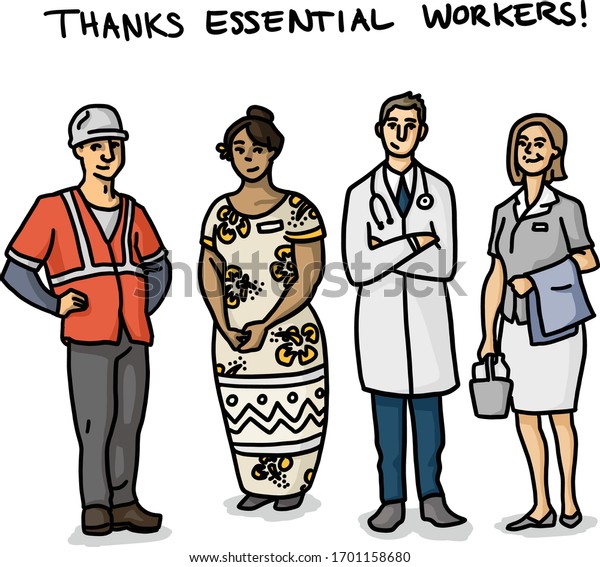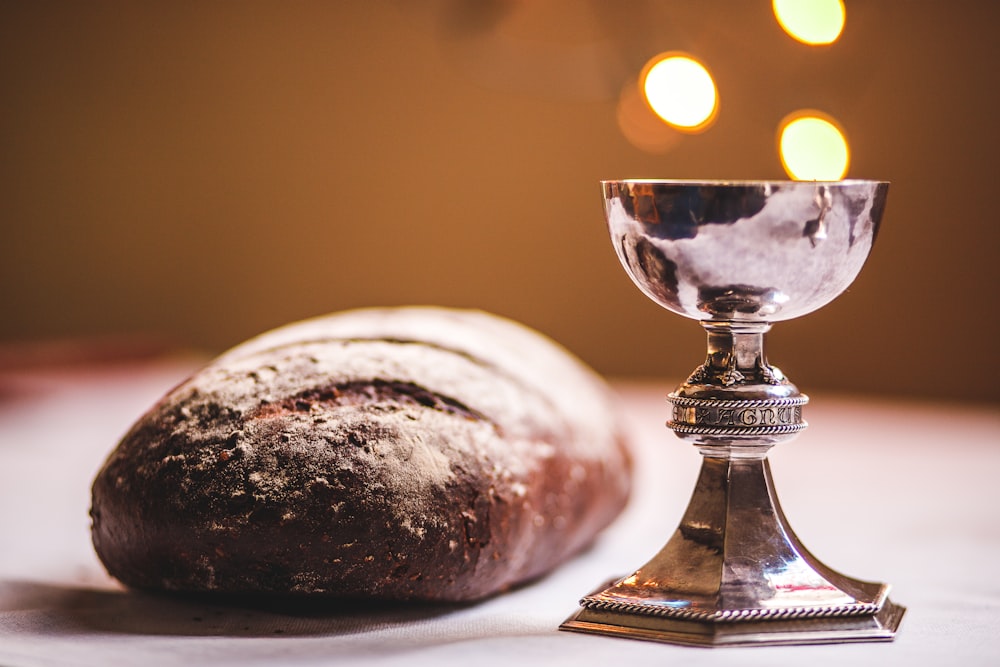“Very truly, I tell you, anyone who does not
enter the sheepfold by the gate but climbs in by another way is a thief and a
bandit.” (John 10:1)
Boy. I bet Bernie Sanders would really dig
the description of the early Christian church we find in the first lesson
appointed for Easter 4, Year A (Acts 2:42-47). If you read verses 44-45, it
looks pretty much like these guys were socialists.
Look: they had no private property, they all contributed as they could to the
common purse, and they took what they needed from it. Sounds great—even Utopian,
right?
Unfortunately, it didn’t take long for
this system described in chapter 2 to fall apart. By chapter 6 some favoritism
started to creep in, and the disciples had to create a sort of ecclesiastic bureaucracy
to address it. I don’t consider myself an expert on world economics, but it
seems to me that a totally socialistic system—one where the government controls
the means of production and the distribution of wealth—will always, in this sinful world, become
corrupt. By the same token, a totally free market system—in which everyone
looks after their own interest and the only law is supply and demand—will
quickly turn into a giant game of Monopoly in which a few will win and everyone
else will lose.
But it’s not the system that’s important,
is it? What matters is our motivation for supporting a system. When we enter
into a social relationship, we’d better be sure we’re entering by the right
gate. And that gate can only be Jesus Christ (John 10:9).
In times of crisis we look for leadership,
but as Christians we’ve already found our leader. He’s the one hanging on the
cross. In him we see the greatest depth of love for all people. We see
sacrifice and forgiveness and hope beyond our present alienation. We see how
deeply we each are loved in spite of all our mistakes and shortcomings. And we
hear the command to love others as He has loved us—in humility, generosity, and
forbearance.
Any theory or institution we put our trust
in is mere idolatry unless it is born of the law of God and the gracious love
of Christ fervently embraced in our hearts. There is only one gate to enter,
the gate which acknowledges Christ’s love of all people—even those with values
and cultures different from our own. Any other system is empty hubris or greed
and will ultimately wound and destroy. Jesus told us to strive first for the
Kingdom of God and its righteousness, and then all will be added to us (Matthew
6:33). If we look to him, no one will hunger. He’s the Good Shepherd. All the others
are poor copies or impostors. We know what he’d have us do and who he’d have us
be. It’s up to us to do and be it.
God’s peace to you. Thanks for coming by
this week.


